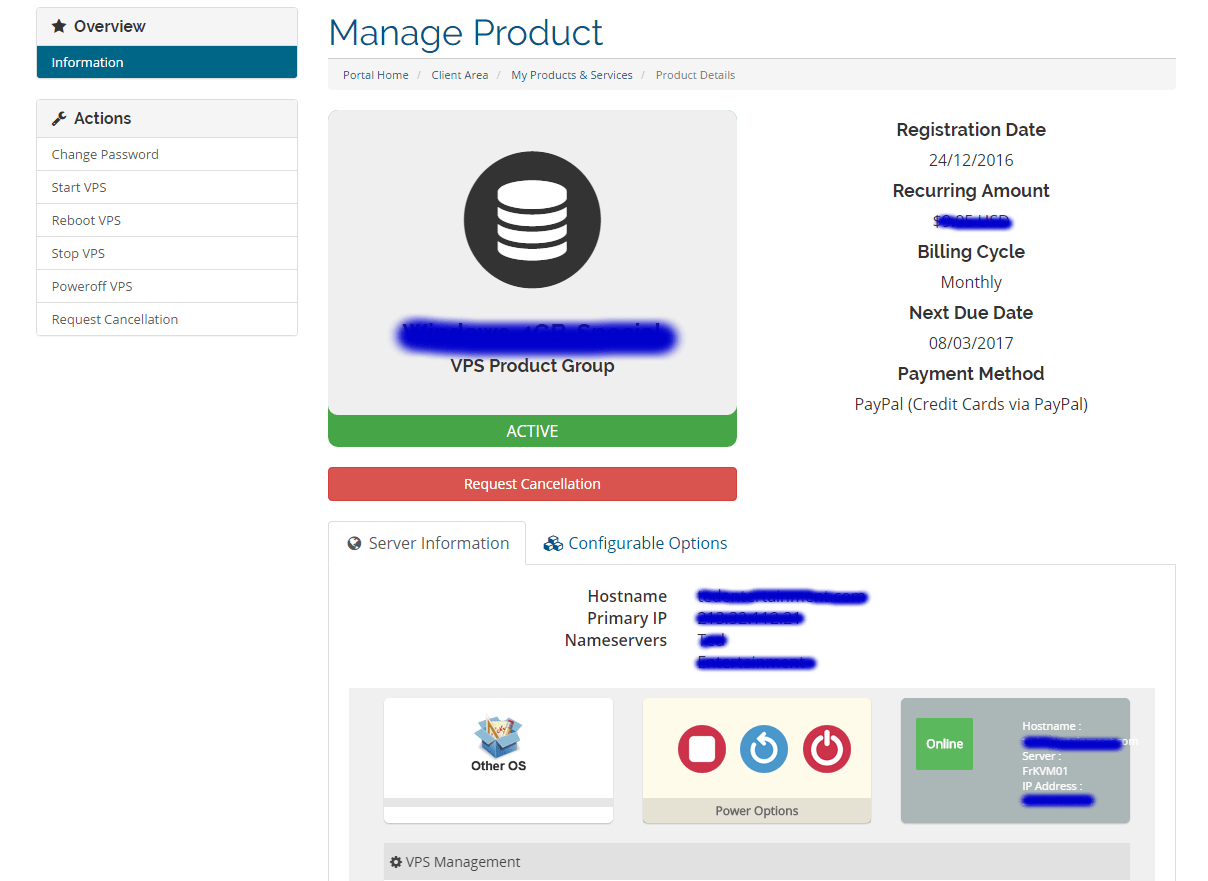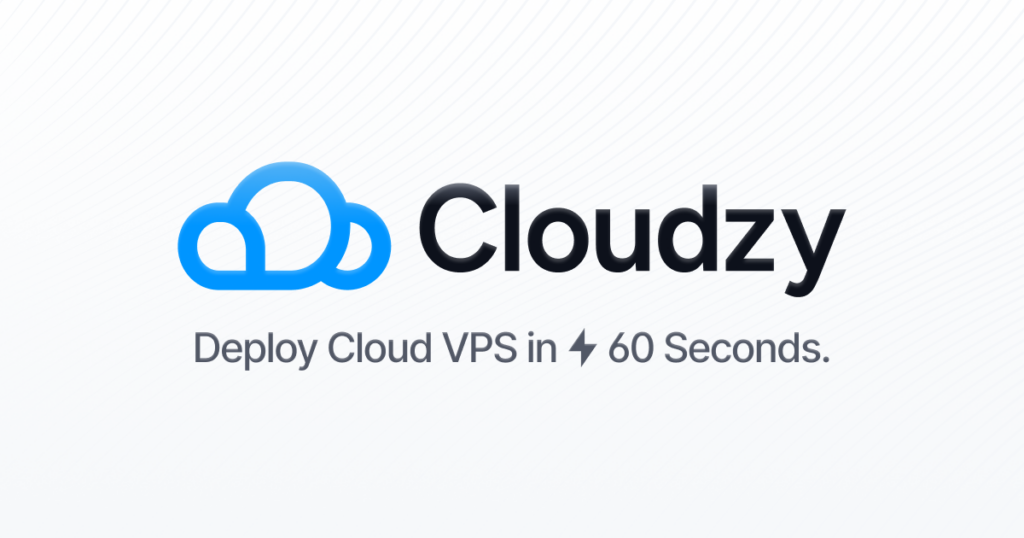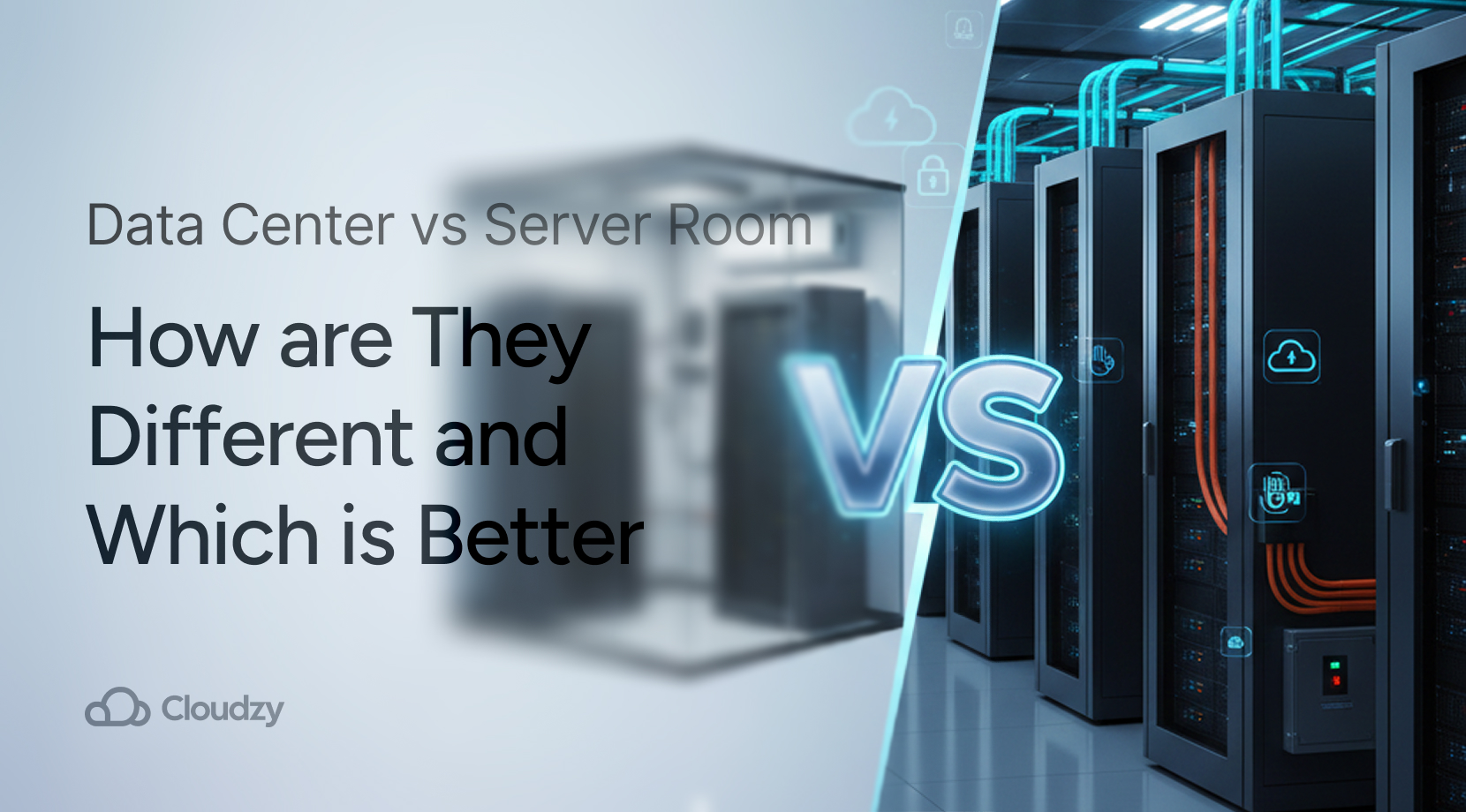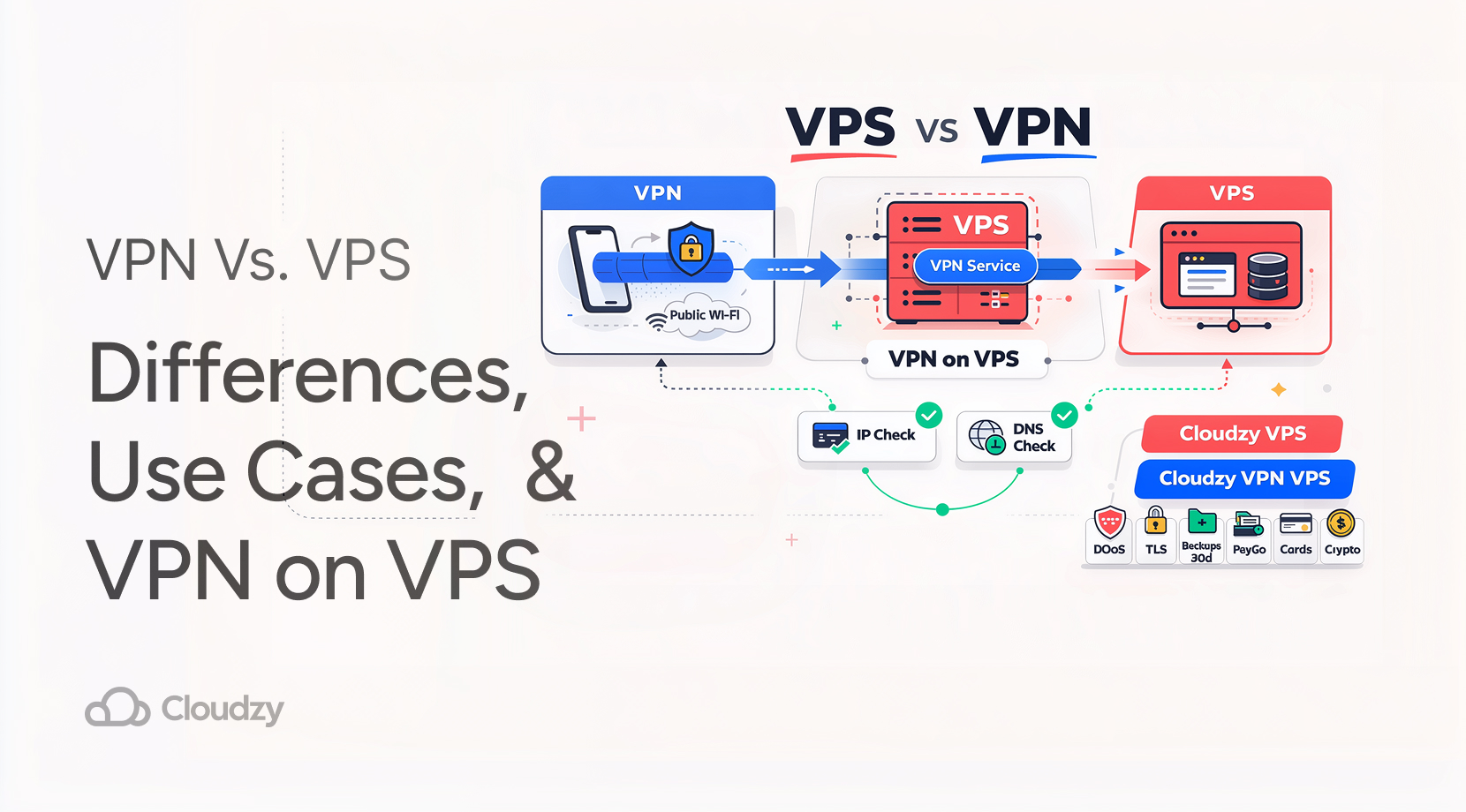Managing the VPS from the control panel of your VPS is not very complicated. In this how-to guide, we will explain to you how to manage the VPS server from the VPS control panel.
Managing the VPS Server Form the VPS Control Panel
You may probably be an administrator or owner of a server and wish to manage the VPS server from the VPS control panel. Maybe you would like to have a customized VPS server that will be entirely under your control. Or even you are curious enough to learn about managing the VPS server from the VPS control panel. But, what really the unmanaged VPS server is? Do you know the difference between managed and unmanaged VPS servers? So, before explaining how to manage the VPS server from the VPS control panel, let us have some basic definitions.
 Windows 10 VPS Hosting
Windows 10 VPS Hosting
Get yourself an efficient Windows 10 VPS for remote desktop, at the cheapest price out there. FREE Windows 10 running on NVMe SSD storage and high-speed internet.
Check Out Windows 10 VPS PlansWhat is an Unmanaged VPS Server?
Managing a server requires technical expertise, effort, and time. With an unmanaged VPS server, you can fully control your VPS server by yourself. Unlike managed VPS servers, unmanaged VPSs will not take care of all the responsibilities created to the VPS servers (e.g. maintenance, core update, software updates, or installation).
If you own an unmanaged VPS server, you will have full responsibilities over your VPS server. In this situation, your hosting provider just takes care of the physical server and its availability. In this case, you must be expert enough to manage the VPS server. You need to have the technical expertise or dedicated resources, operating systems, or other related resources. But how to do that?
Managing the VPS Server
When you choose an unmanaged VPS server, you need to manage the VPS server comes with lots of responsibility. You should install elementary tools and need to know how to negotiate the control panel. Although it will give you more freedom to set up, you should know what you are doing.
VPS servers provided by Cloudzy come with a completely automatic and free control panel, which gives you full access to the server’s hidden functionalities. Using the Control Panel, you will access VNC, Reboots, Rebuilds, and all other essential options. You just need to do the following:
Manage the VPS Server from the VPS Control Panel
To access your control panel, go to the client area:
https://support.cloudzy.com/clientarea.php
Now, log in and click on Services.
In the Services area, you can see all your servers. Click on your server of choice to descry the Control Panel (picture below).
That’s it. You manage the VPS server from the VPS control panel.

By now, I’m sure you configure your VPS server from the VPS control panel. If you have any questions related to managing the VPS server, we will be glad to hear from you.
 Windows 10 VPS Hosting
Windows 10 VPS Hosting
Get yourself an efficient Windows 10 VPS for remote desktop, at the cheapest price out there. FREE Windows 10 running on NVMe SSD storage and high-speed internet.
Check Out Windows 10 VPS PlansCloudzy’s VPS Control Panel
Cloudzy’s control panel [Virtualizor] is built to simplify all the responsibilities and tasks that will perform by administrators. By using our VPS server, you can manage a fast and reliable VPS server. All actions such as Starting, rebooting, and shutting down will perform effortlessly.
Our provided interface will let you directly manage the DNS, help you in lots of tasks such as billing, earning, referrals, invoices, and newsletters. You can readily manage the VPS server from this unique and elegant interface.
Over control panel will allow you to manage the VPS server powered by SSD storage. With this control panel, deploying the server is as easy as ABC. It just takes a matter of minutes to manage. You have full root access to the virtual private server with all essential privileges. You even can scale up your website with only a few clicks. So, we recommend you try it, It’s risk-free.




7 thoughts on “How to Manage the VPS server from the VPS Control panel?”
Hi to every one, the contents existing at this web page
are truly awesome for people knowledge, well, keep up the nice
work fellows.
Thanks for this guide, one of your support team members directed me to this page and I found my answer!
I wonder, what is the main difference between managed and unmanaged VPS? Which one is better?
One of the most interesting things about Routerhosting’s VPS panel is that it is really simple and easy-to-use for amateur users
How can I get a back up from my vps? And also do you do that regularly in case I lose my data? Is there a back up so that I can restore my data?
In your unmanaged vps plan can i get a preinstalled Fedora OS?
I believe everything posted was actually very reasonable.
However, think about this, what if you wrote a catchier title?
I am not suggesting your information is not solid,
but what if you added a title that grabbed
a person’s attention? I mean How to Manage the VPS server from the VPS
Control panel? is kinda boring. You should look at Yahoo’s home page and watch how they write article headlines to grab viewers interested.
You might add a video or a related pic or two to get people excited about what you’ve written. In my opinion, it might make your posts a little bit more interesting.